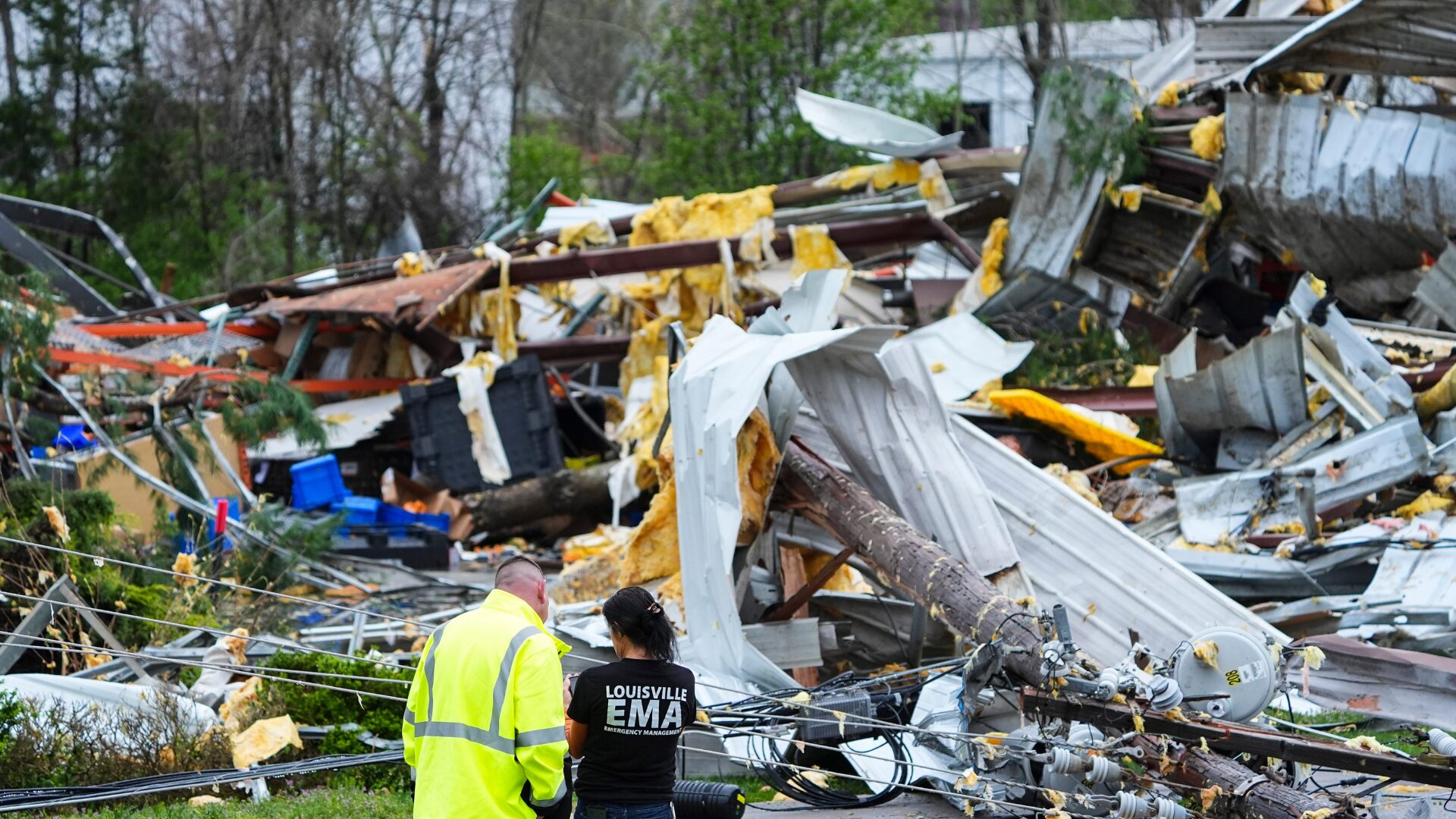The National Weather Service (NWS) has officially stopped translating emergency weather warnings into non-English languages following the expiration of its contract with an artificial intelligence firm, raising concerns among experts about the potential impact on millions of Americans who do not speak English as their primary language.
As reported by The New York Post, the translations, which were provided in Spanish, Chinese, Vietnamese, French, and Samoan, were halted after the contract with Lilt, a California-based AI company, expired.
National Weather Service will no longer translate emergency warnings for non-English speakers https://t.co/byJkhTzOw5 pic.twitter.com/ILObHQyVSa
— New York Post (@nypost) April 8, 2025
Trump's Sovereign Wealth Fund: What Could It Mean For Your Money?
NWS spokesperson Michael Musher confirmed the change and described the current status of the translation program as “paused.”
Lilt had taken over from a manual translation process in late 2023, following claims by the agency that in-house translations were too labor-intensive and unsustainable in the long term.
Lilt has not issued a public comment or responded to media inquiries regarding the contract lapse.
This Could Be the Most Important Video Gun Owners Watch All Year
According to U.S. Census data, nearly 68 million people in the United States speak a language other than English at home, including more than 42 million Spanish speakers. Experts say the loss of multilingual weather alerts could have serious consequences.

Joseph Trujillo-Falcón, a researcher at the University of Illinois Urbana-Champaign who collaborates with the National Oceanic and Atmospheric Administration (NOAA), cited an incident during the 2021 tornado outbreak in Kentucky to illustrate the stakes.
A Spanish-speaking family initially ignored English-language alerts on their phone but ultimately sought shelter after receiving translated warnings.
“It saved their life.”
Norma Mendoza-Denton, an anthropology professor at the University of California, Los Angeles, also expressed concern.
“If they don’t have access to that National Weather Service information in the different languages, that could be the difference between life and death for somebody.”
In addition to immediate weather emergencies, experts warn the absence of translated forecasts may affect daily planning for millions of Americans, with broader implications for transportation, tourism, and energy sectors.

Andrew Kruczkiewicz, a senior researcher at the Columbia Climate School, highlighted the long-term risks. He cautioned that inconsistent or unreliable access to weather information could create significant disruptions across various sectors of the economy.
For now, the NWS has not indicated when or if the translation services will resume.
Join the Discussion
COMMENTS POLICY: We have no tolerance for messages of violence, racism, vulgarity, obscenity or other such discourteous behavior. Thank you for contributing to a respectful and useful online dialogue.
If I were living in Japan, I would be expected to speak Japanese. If I were living in Columbia, I would be expected to speak Spanish. Why is this any different?